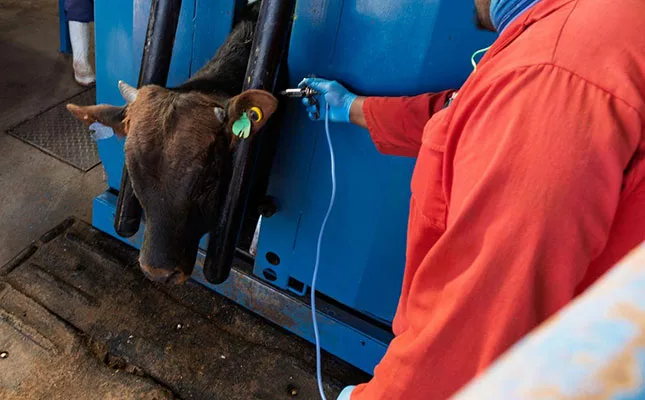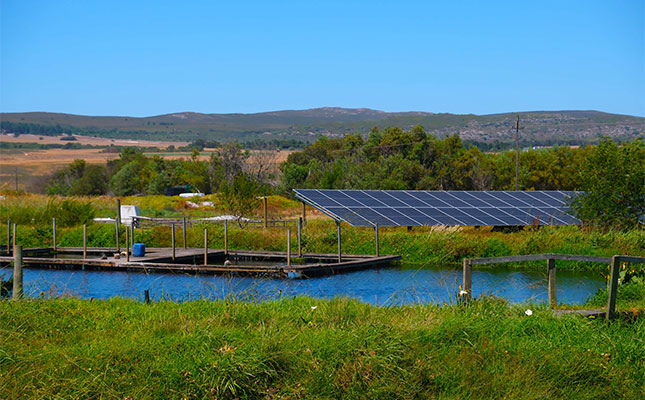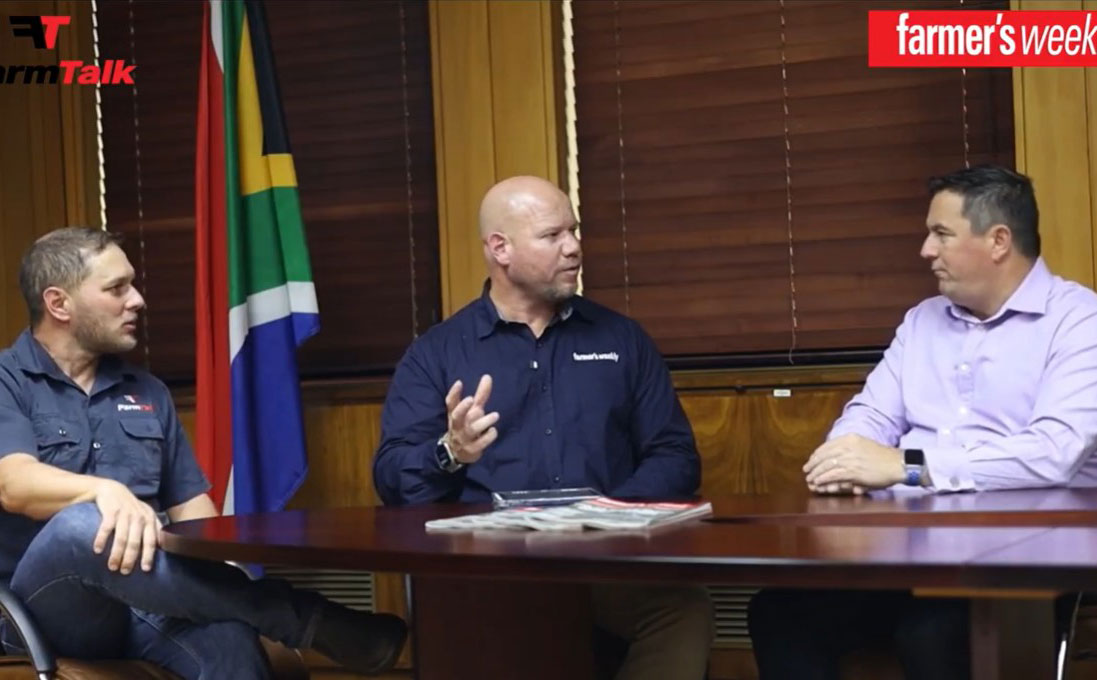
Speaking to Farmer’s Weekly, Dr Dirk Verwoerd, feedlot veterinarian at Karan Beef, said the company immediately informed state authorities and implemented emergency control measures to prevent the new outbreak from spreading.
“All loads of slaughter cattle to our Balfour Abattoir from Heidelberg were cancelled,” he added.
READ Getting to grips with foot-and-mouth disease
“These were replaced by slaughter cattle transported from our feedlot at Albert Falls, so the supply of beef to the market was not interrupted.”
According to Verwoerd, since the earlier outbreak between 30 May and 14 June, Karan Beef had been marketing cattle from Heidelberg under veterinary supervision, adhering to the strict 42-day protocol since 5 August.
“Each [cattle] load was sealed by state veterinary personnel and accompanied by a Red Cross permit. These regulations form part of the statutory control measures describing depopulation-to-slaughter procedures when an FMD outbreak occurs in a feedlot,” he explained.
Strict protocols in place
During the first outbreak, most of the Heidelberg feedlot’s 112 000 cattle were infected, Verwoerd added.
“Only 30 000 were vaccinated between 21 and 23 June due to a serious FMD vaccine shortage and widespread outbreaks in commercial, communal, and dairy herds across southern Gauteng. Those cattle were slaughtered first,” he explained.
He added that the remaining 82 000 unvaccinated cattle developed natural herd immunity after exposure, so all clinical signs of the disease then ceased, although a small number that were neither infected nor vaccinated remained susceptible.
READ ‘Cattle vaccinated against FMD must be branded’ – Steenhuisen
“This [small, susceptible] group is the subpopulation where the second case likely began, probably when carrier cattle reactivated the latent virus. As several thousand cattle became infected within a week, the increasing challenge overwhelmed the previously established immunity, with new cases every day,” Verwoerd said.
He praised Gauteng Veterinary Services for their swift response.
“They acted very fast, using the first available 20 000 doses of FMD vaccine over the weekend of 3 [to] 5 October. Another 27 600 doses were [administered] from Friday, 10 October, and we hope the rest of the population can be vaccinated with doses obtained from the new batch of 700 000 doses arriving from the Botswana Vaccine Institute from [today],” he explained.
Verwoerd added that Karan Beef continued to work closely with state veterinarians to contain the spread of the disease.
Get trusted farming news from Farmers Weekly in Google Top Stories.
➕ Add Farmers Weekly to Google ✔ Takes 10 seconds · ✔ Remove anytime










